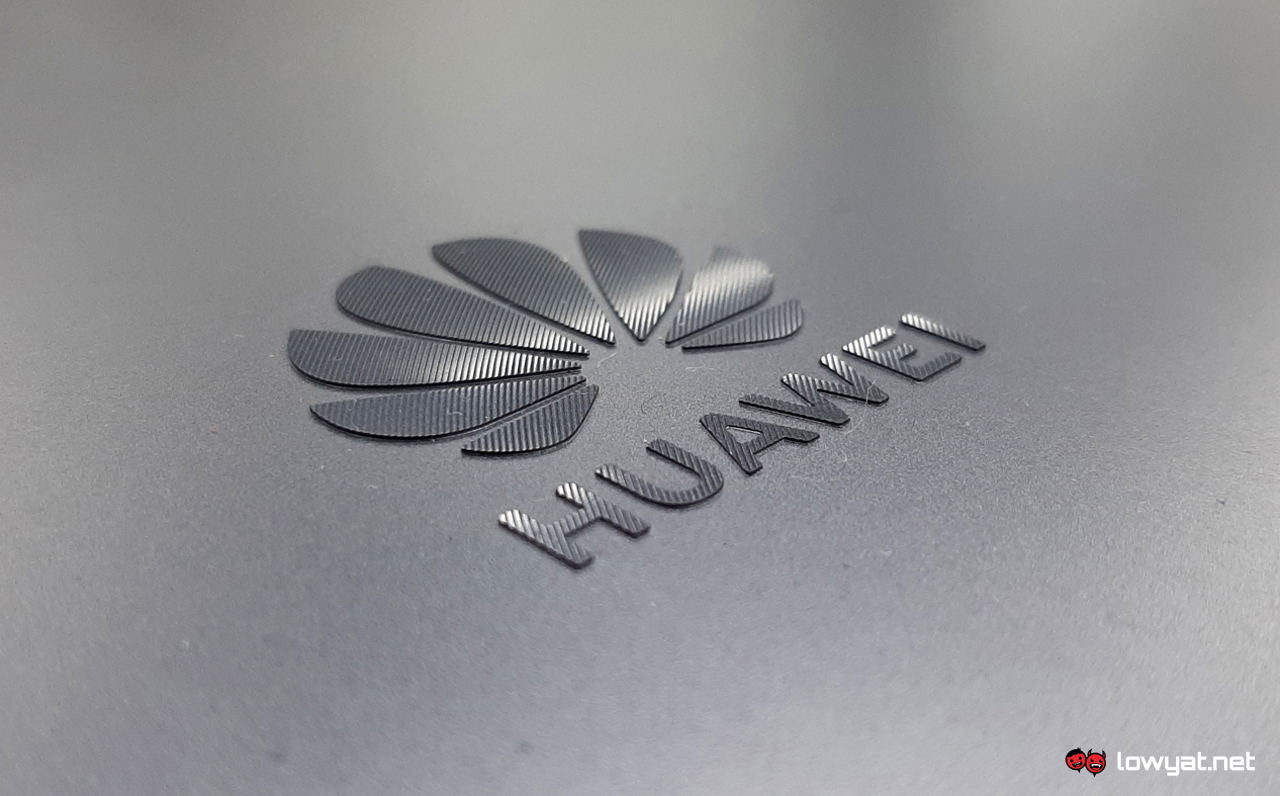However, details of the specific products remain undisclosed but were noted to be related to mobile devices. The spokesperson added that Qualcomm has other license applications that are still pending with the US government at this time.
Prior to the current US sanctions, Huawei was a relatively small chip customer for the semiconductor company. Reason being that the former mainly used its own HiSilicon designed chipsets for its flagship smartphones and relied on Qualcomm SoCs for its entry-level models. That being said, seeing how the sanctions have impacted Huawei and HiSilicon production of the first-party Kirin chipset, there’s a possibility that its future products may feature 4G Snapdragon chips instead. This would also mean that the company will still face some struggles to release 5G-enabled devices, which has seen an increase in demand since its introduction around the world. (Source: Reuters)
